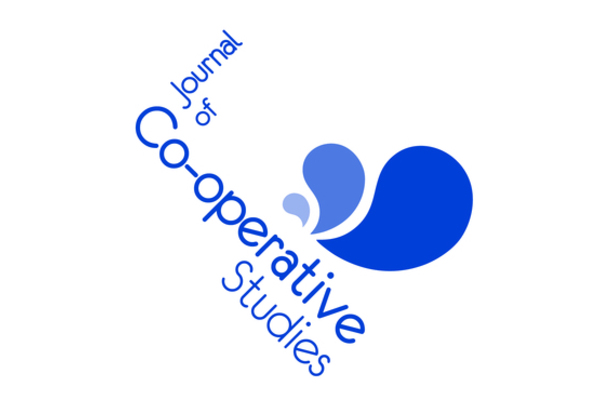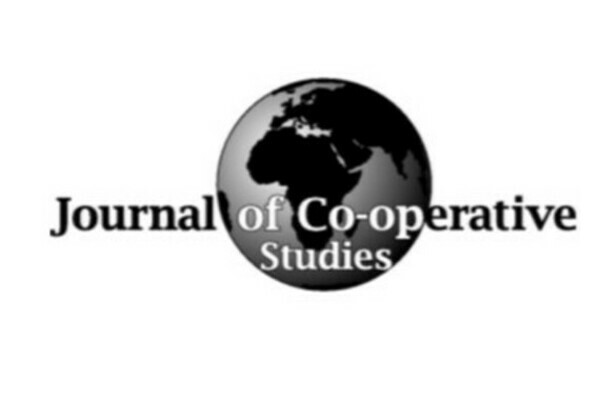Journal of co-operative Studies, 38(1) - No 113
Editorial: Bridging theory and practice
Ian Pyper, p. 3
Pyper (2005) - PDF - →
Peer reviewed papers
Nicholas Ryder, pp. 5-19
An analysis of the credit union’s use of Craig’s commitment building measures.
Noreen Byrne & Olive McCarthy, pp. 20-27
Andrew Passey, pp. 28-41
Short papers
Developing an active membership and encouraging the new generation of co-operators.
Debbie Holden, pp. 42-44
Book reviews
Reviewed by Rita Rhodes, pp. 45-46
Reviewed by Bob Quinney, pp. 47-48
Reviewed by Edgar Parnell, pp. 49-50.










